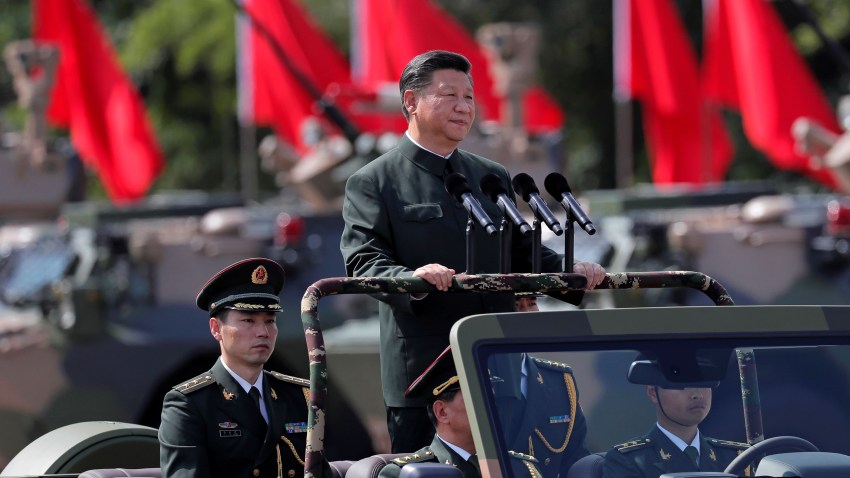Last October, when Xi Jinping was selected as the general secretary of the Chinese Communist Party for an unprecedented third term, he was also reconfirmed as the head of the Central Military Commission. In addition, Xi was able to pack the senior leadership of the CCP with loyalists, who now hold the majority in both the CMC and the seven-man Politburo Standing Committee. In so doing, Xi has cemented his position as the unrivalled leader of China.
According to Cai Xia, who was a professor at the Central Party School of the Chinese Communist Party, Xi is driven by a toxic cocktail of arrogance, self-importance and perhaps a touch of an inferiority complex. And he has come to insist on “a degree of loyalty and admiration for the leader not seen since Mao.” So how might a man with such an outsized ego, unchecked by the traditional collective rule and intraparty factionalism that characterized the CCP since Deng Xiaoping, reform and modernize the People’s Liberation Army, or PLA?
In the first place, Xi believes that China is in what some observers have called a “hyper-competitive” contest, both economically and militarily, with the U.S., and that the only possible way that China can compete is to remain under one-party rule. But given his own “personalist” control over the party, China’s foreign policy increasingly reflects Xi’s personality: insecure, controlling and aggressive.

